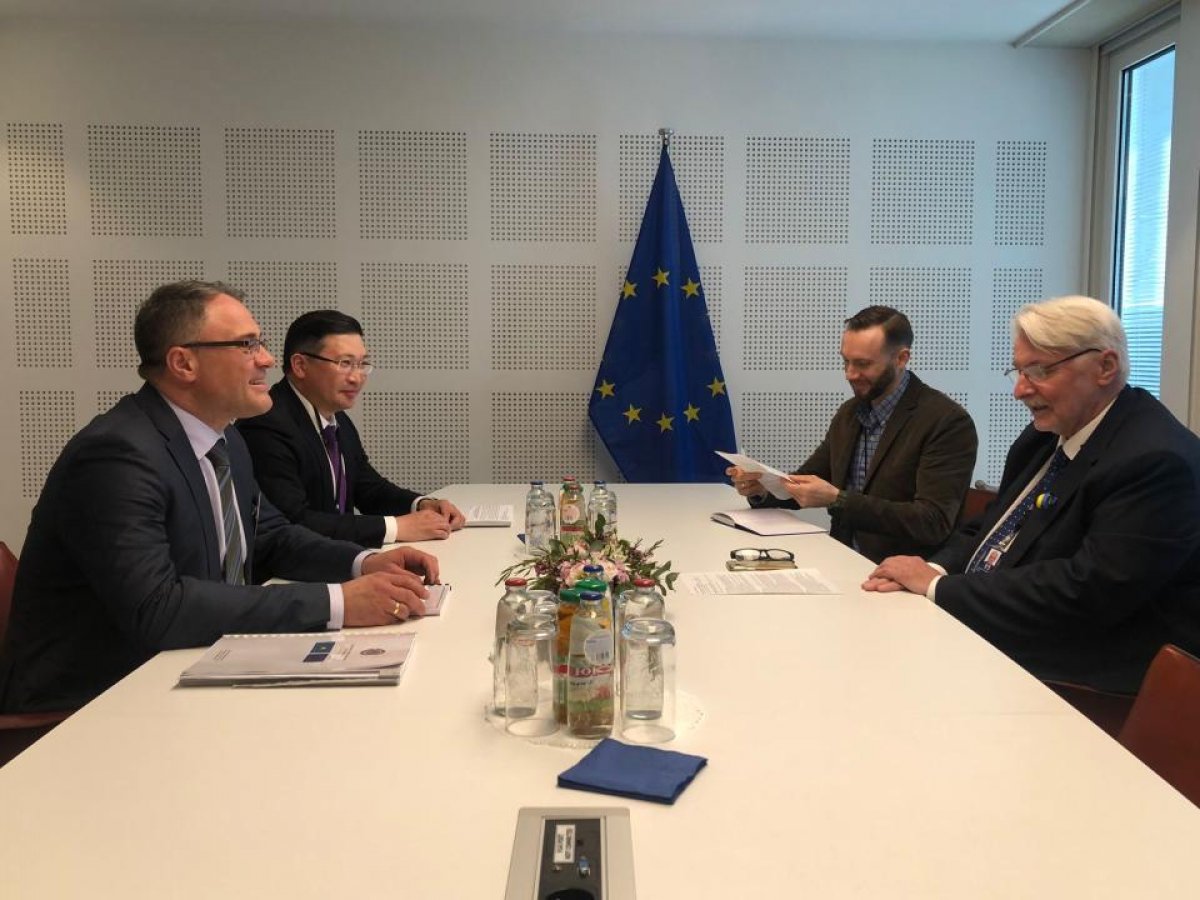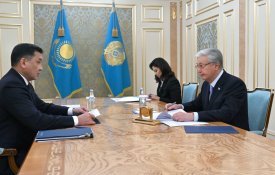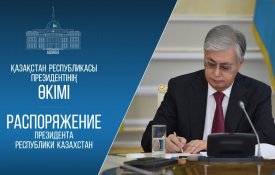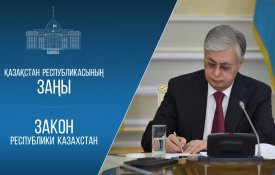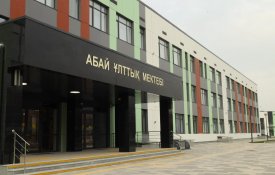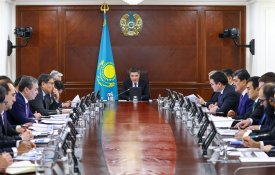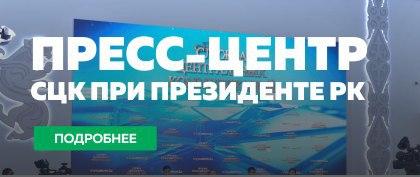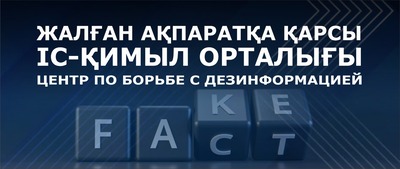The Kazakh delegation was led by Deputy Foreign Minister Roman Vassilenko, who also held a number of bilateral meetings with European officials and members of the European Parliament during the visit.
The EU Delegation at the HLD meeting was represented by the Under-Secretary General for Political Affairs of the European External Action Service, Enrique Mora. The countries of Central Asia were represented by delegations led by Deputy Ministers of Foreign Affairs.
The extensive agenda of the event included an overview of current and new challenges to regional and global security, including food security issues in the context of the difficult military-political situation in Eurasia, as well as strengthening cooperation between the parties in the field of security in the light of current processes in Afghanistan.
In his speech, R. Vassilenko briefed the participants on the position of the Republic of Kazakhstan on a number of important issues on the agenda, and also made specific proposals to strengthen stability and sustainable development in the region and related cooperation with the European Union. Taking into account the aggravation of economic risks, special attention was paid to the need to take coordinated measures to prevent the negative consequences of Western sanctions imposed on Russia for the economies of the Central Asian states.
As R. Vassilenko noted at the meeting, “for 30 years now, our countries have been following the path of independent and sovereign development, and the European Union and its member states actively support, in political and economic terms, national efforts to develop our states and contribute to strengthening the intra-regional cooperation to ensure a stable and secure Central Asia based on mutually beneficial cooperation between the parties.”
According to the Kazakh diplomat, today the challenges in the region and in the international arena make cooperation between Central Asia and the EU more relevant than ever, requiring closer coordination of the parties. In this context, the meeting participants discussed the intensification of contacts between Central Asia and the EU at high and highest levels this year.
The 9th HLD meeting also hosted an expert discussion on connectivity issues between Central Asia and the EU. At a special session, the European side presented its vision of digital, sustainable and transport interconnectedness with Central Asia within the framework of the recently adopted EU strategy "Global Gateway".
Regarding the situation in Afghanistan, the parties discussed, in detail, national contributions to the humanitarian support of the Afghan population, and also made proposals for the joint implementation of bilateral and regional programs within the framework of the EU Multi-annual indicative program for 2021-2027.
During a special session on the situation in Afghanistan, the dialogue participants discussed various measures to support the Afghan population, including application of humanitarian, trade, economic and educational tools. The attention of the dialogue participants was drawn to the importance of further implementation of the unique educational program initiated by Kazakhstan for Afghan students in the Republic of Kazakhstan, Uzbekistan and Kyrgyzstan, funded by the EU and implemented by the UNDP.
The Head of the delegation of the Republic of Kazakhstan said that Kazakhstan will continue to fulfill the obligations voiced by the country in this direction and called on the EU and international partners to actively use the logistics and trade and economic infrastructure of Kazakhstan for the effective implementation of international humanitarian support to the Afghan people. The parties agreed to discuss, in detail, interregional cooperation on Afghanistan at the upcoming meeting of special representatives of the countries of Central Asia and the EU on Afghanistan, planned in Almaty at the end of May 2022.
During the visit, R. Vassilenko held a number of bilateral meetings with E. Mora, EU Special Representative for Central Asia Terhi Hakala, First Deputy Chairman of the Foreign Affairs Committee of the European Parliament Witold Waszczykowski and Deputy Chairman of the European Parliament Subcommittee on Human Rights, Christian Zagartz.
The interlocutors paid special attention to the process of deep political modernization in Kazakhstan and the upcoming referendum on June 5, 2022 on amending the Constitution of the Republic of Kazakhstan. R. Vassilenko stressed that the large-scale democratic reforms carried out by the President of Kazakhstan, Kassym-Jomart Tokayev, will have a positive multiplier effect on domestic and regional development.
Representatives of the European institutions stressed the importance and relevance of the ongoing reforms, placing special emphasis on the fact that they lead to the strengthening of the competitiveness and stability of the political system, the development of civil society and the strengthening of human rights mechanisms in Kazakhstan.


